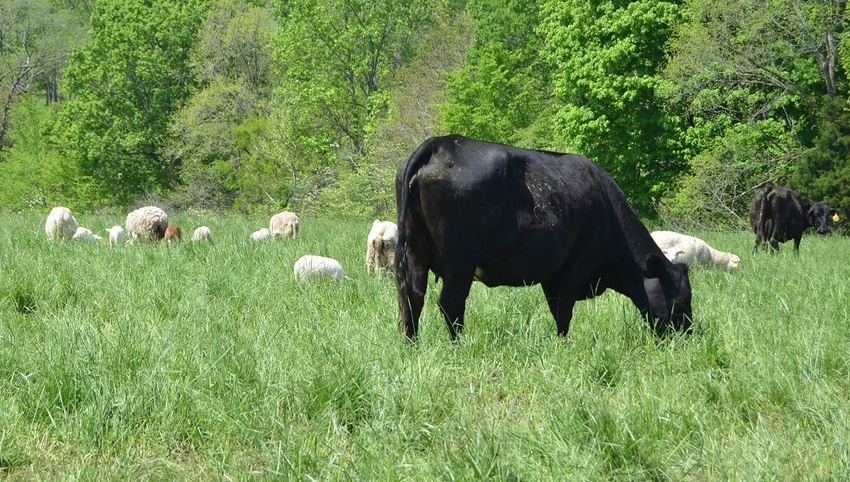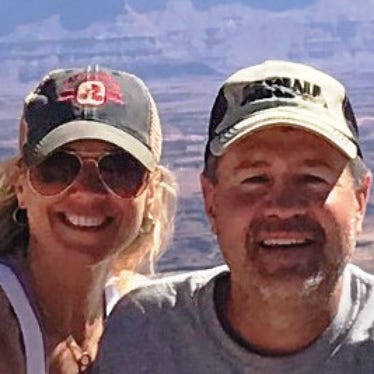
I wrote earlier in the spring about the devastating floods we had and how this had really messed up my grazing. Now here's the rest of the story.
Unfortunately, due to many other things (main one being laziness) I never fully got in a good system grazing the farm. We ended up set stocking for most of the summer and only recently moved cattle to another farm.
I think we learn as much by sharing our mistakes as we do our successes, so here we go.
I had both sheep and cows on this same farm and set stocked both this year. I had not had sheep on this farm since 2013. I was overstocked for this amount of land, but knew I would be moving the animals off around the first of September.
If there is one difference I can see between people who set stock compared with those who use planned grazing is the difference of thinking now compared to in the future. I suffered no issues with livestock performance.
Both classes of livestock have performed very well. The cows and sheep have cleaned up places that were starting to get overgrown and weed pressure has been minimal. Most of these positive results are what many people see when they set stock pastures. At a glance, things “appear” good.
I see a much different picture when I drive across the pastures. The first thing is ground cover and the diversity of life that goes with good cover. There are very few rabbits, birds, insects or any other creatures in the pastures. In years past I had lots of bird’s nests and other critters all around and within the pastures.
The ground is very hard and showing signs of drought much earlier than when a good residual covers the ground. I have noticed how much more runoff comes from a rain now, compared with when we have good ground cover.
Stocking rates, while they seem good now, will suffer over the long run, and will require feeding hay or destocking.
It is no doubt a balancing act but for the long term, planned grazing, rotational grazing or some sort of rotation always seems to provide me more advantages in the long run.
While no doubt the ecological effects are huge, the loss of control seems to be the biggest irritant for me. I find that the grass and animals are more in control of what happens instead of me being in control. With a good rotation I always know where I stand with grass production and animal production.
The true test of what I have done to the land probably won’t show up for a year or more. No doubt the plants are going to take a long time to recover and some might be damaged to a point where they won’t recover. Unfortunately it is very hard for many of us to look years down the road on the decisions we make today.
One positive that I should point out is with the grass eaten to the ground I have found many previously lost temporary posts. I have even found a pair of fence cutters I had lost!
Sometimes we have to look hard to see the good!
About the Author(s)
You May Also Like






